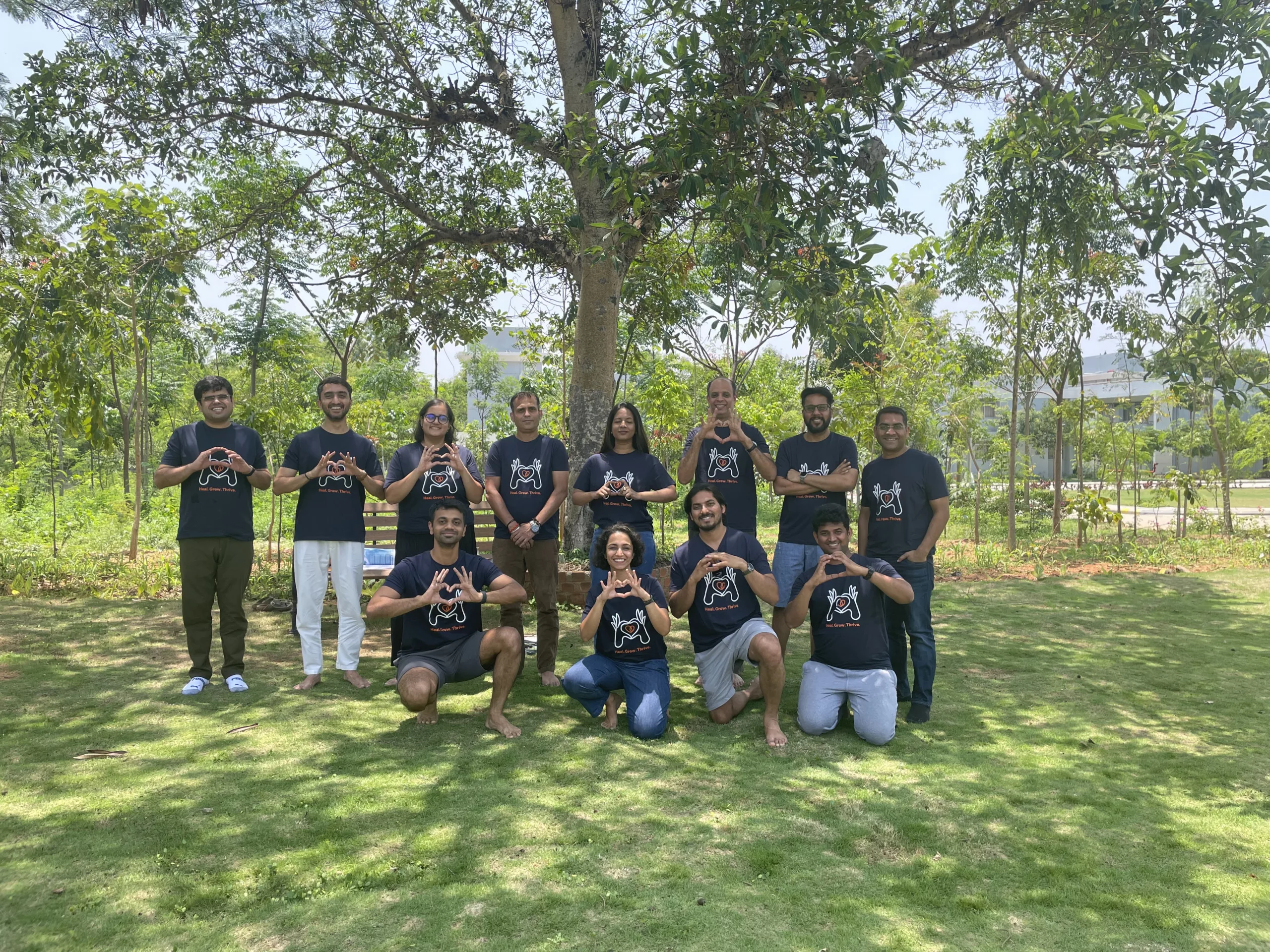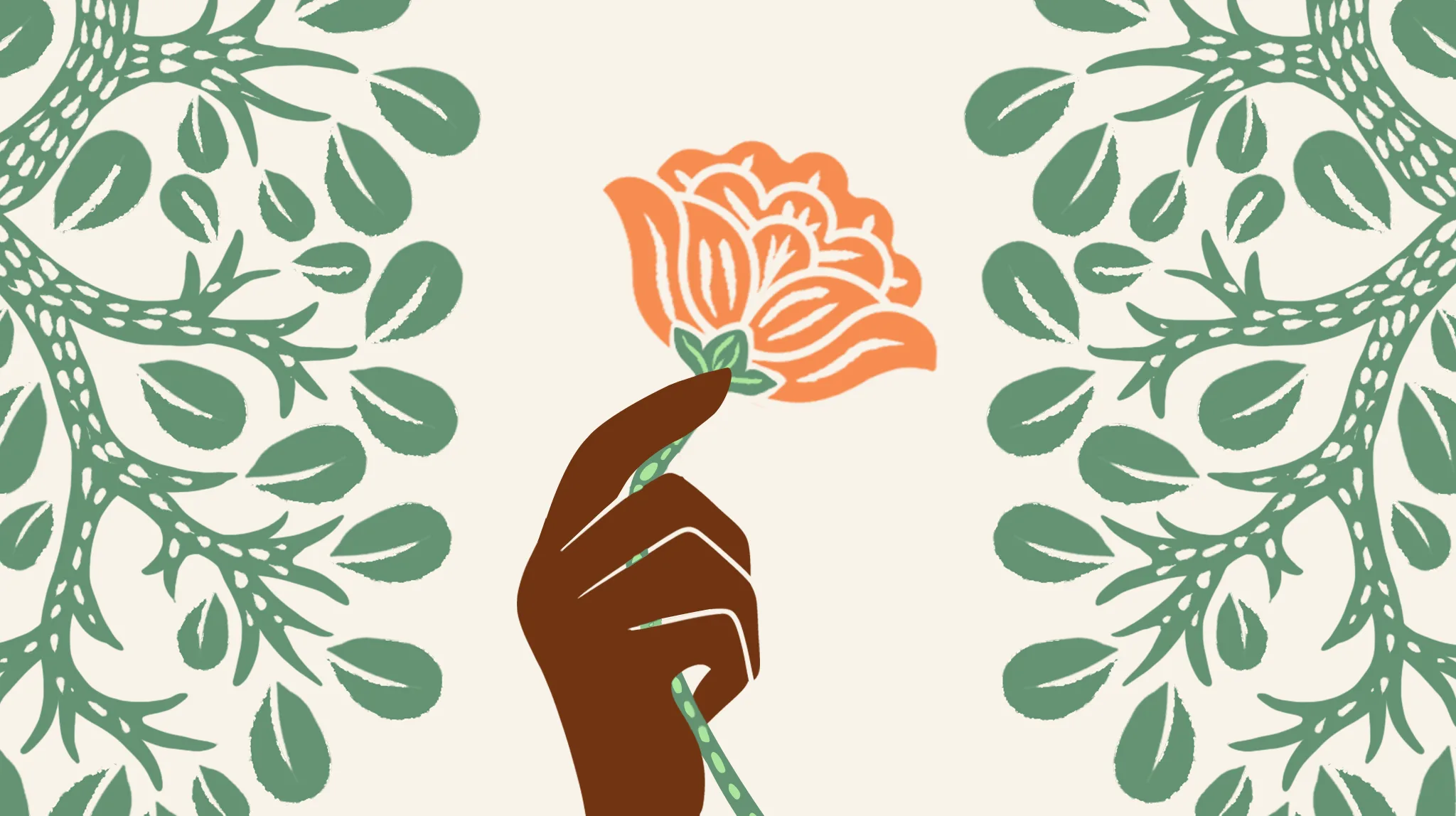Earlier this week, my Instagram scroll landed on the woman founder of bootstrapped 75-crore-revenue clothing brand Suta, talking about the relentlessness of her days. Sujata Biswas – a ‘workaholic’ as per her bio – in her reel titled My(NOT SO) rosy life talks about why showing up is not always the superpower that she’s often claimed it is, but is an exhausting compulsion for entrepreneurs.
As a first-time founder of The PARC–a mental health social enterprise–who is just emerging from a work event that has squeezed the juice out of me, this rare display of entrepreneurial vulnerability is what I needed to hear. This is frustrating! Yet, this is what I signed up to do willingly and enthusiastically, with dreams in my eyes and a nervous pit in my stomach.
Entrepreneurship is tough and emotionally challenging for the best of us, even the superstars with a large social media following. But we don’t hear this rant often enough.
The Hidden Toll of Building – What the Jagah Study Revealed
In a year long study on the mental and emotional health of founders for Jagah, my colleague Ishwarya Subramanian and I conducted long structured conversations and administered a detailed, anonymous survey to founders across sectors and found that entrepreneurs, with their significant ups and downs, lead lives that are highly susceptible to stress and distress.
For most founders who participated in the study, the distress came from the dichotomous lives they led. It’s the personal vs perceived success. While they define personal success in terms of impact on their industry and personal growth, the need for rapid business growth, customer acquisition, funding rounds, brand value, and financial sustainability loom large in their daily lives.
The everyday grind and cognitive clutter of start-up life? They just absorbed it and didn’t talk about it, though this perpetual high-stakes environment that founders live in is known to cause burnout. The numbers emerging from the anonymous survey, however, affirm what founders weren’t telling us.
Mental health emerged as a pressing concern, with founders feeling pressure to maintain a façade of strength. 64.4% of survey respondents said that they experienced emotional or mental health challenges (inattention and heightened anxiety to extreme low mood) that have disrupted their social or occupational functioning at some time in their life. Fortunately, the willingness to seek help, if a mental health issue presented itself, was high.
When Pankaj Mishra and Avinash Ragahva approached me to explore the well-being of founders in India, they had already had several distressing conversations with entrepreneurs struggling with their interpersonal relationships and unable to move on from their failures in business. As a focal point of support in the fraternity, Avinash, through Jagah, felt pressed to do something more sustainable and get to the root of founder mental health.
Jagah was already, through meaningful retreats and meets, emerging as a community that allowed founders a safe space for reflective work. This study would add direction to the intent of our team of volunteers. The Jagah study was born over several conversations and focused group discussions with successful and vulnerable entrepreneurs that led to deep understanding of whether the ecosystem in which they find themselves is supportive and helpful to their growth trajectory.
A Call for Honest Conversations

In the months spent listening to founders, what was clear is that leadership doesn’t always feel brave or visionary — sometimes, it just feels frustrating and alone. It’s time we normalise not just the hustle, but the human costs that come with it. If this study — or even this blog — resonates with you, drop us a note and tell us your story.
























